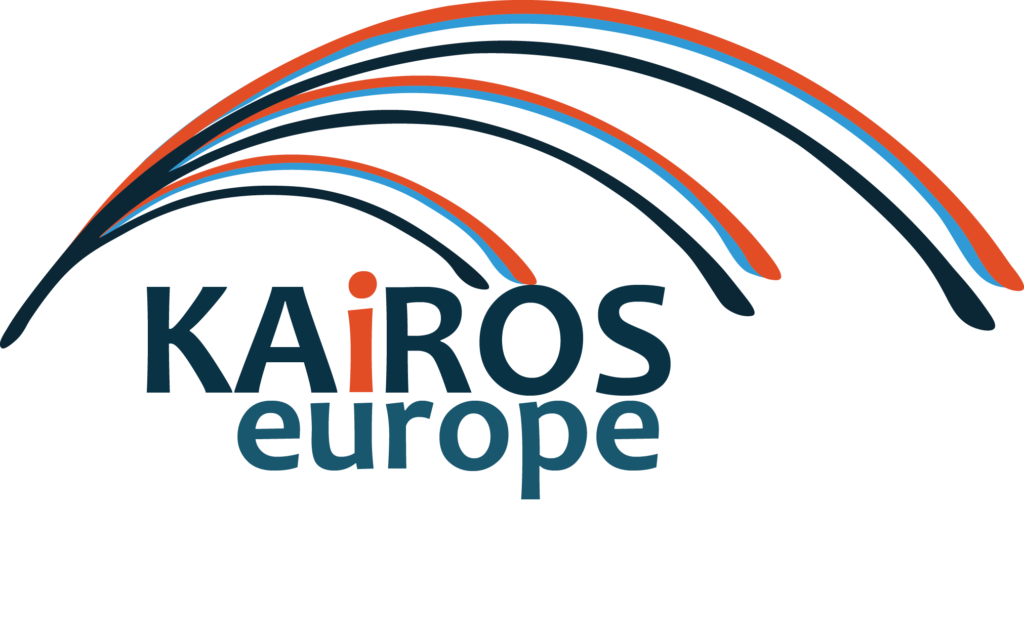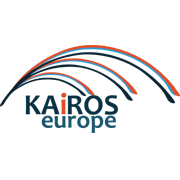By Philippine Chartier-Teurquetil
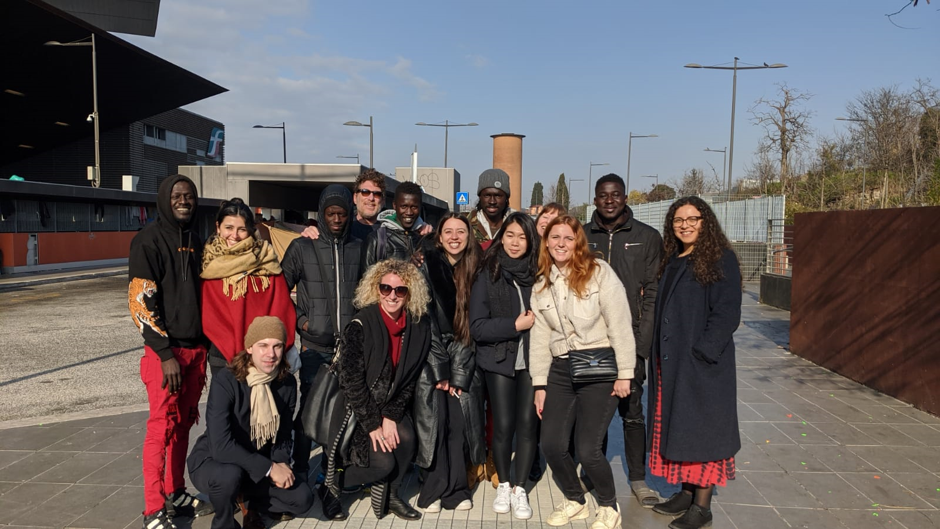
I was fortunate enough to have been chosen to take part in the Erasmus+ 6-day training programme “Migration in Europe” through my university Oxford Brookes. The programme took place in Rome and aimed to make us aware of the importance of the current situation for migrants, and problems they face upon arrival. The focus of this training was the research, policies and perceptions of migrants in Southern Europe.
The migrant crisis is a recurring topic in the media, however it is easy to get caught up in the data and lose sight of the fact that these are also people fleeing difficult circumstances. I felt very concerned about the issue of migration flows before, but this workshop gave me a new perspective of the topic.
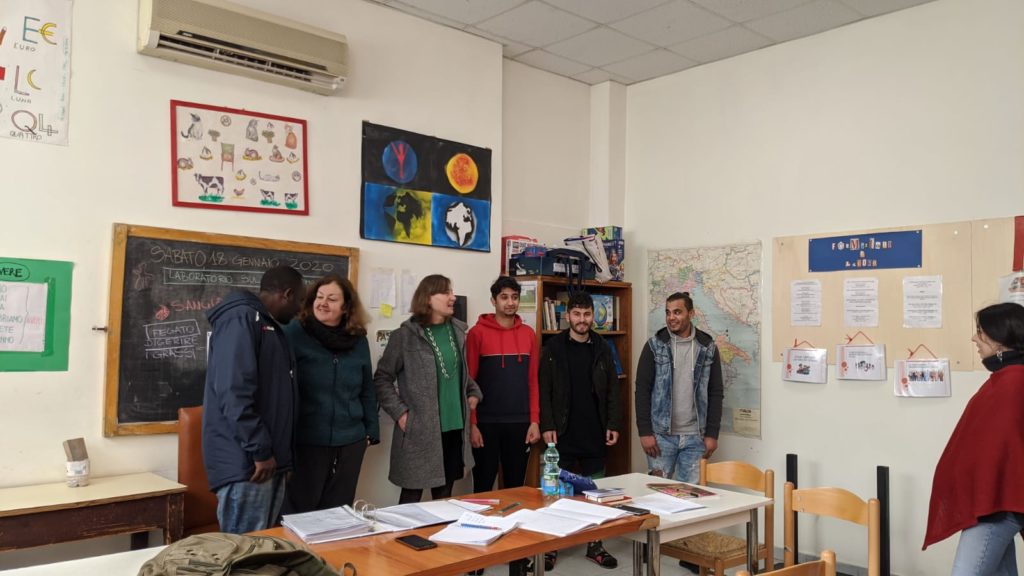
Accompanied by 9 other participants, this training gave me the opportunity to see with my own eyes how people give their time to help promote the integration of these newcomers. We visited 3 centres during the week. The first, La Casa dei Diritti Sociali, focused on language learning and was run by volunteers. The second centre was a SPRAR centre managed by the government. There, migrants are supported by cultural integration and practical skills training. The last centre, called the Baobab Experience, works with people on the street and only operates with private funds. Their objective is to welcome and take care of underage migrants, refugees and asylum seekers. With Baobab Experience, we had the opportunity to speak with the migrants and share moments together (pictures below). They explained to us how they face legal obstacles, such as the fact that while waiting for their official papers they are not allowed to work legally in the country. Also, for most of them Italy is not their final destination, they aim to go to Sweden, the United Kingdom, France, or even the United States. It was very touching to see that despite what they have been through they are extremely resilient and hopeful about their future.
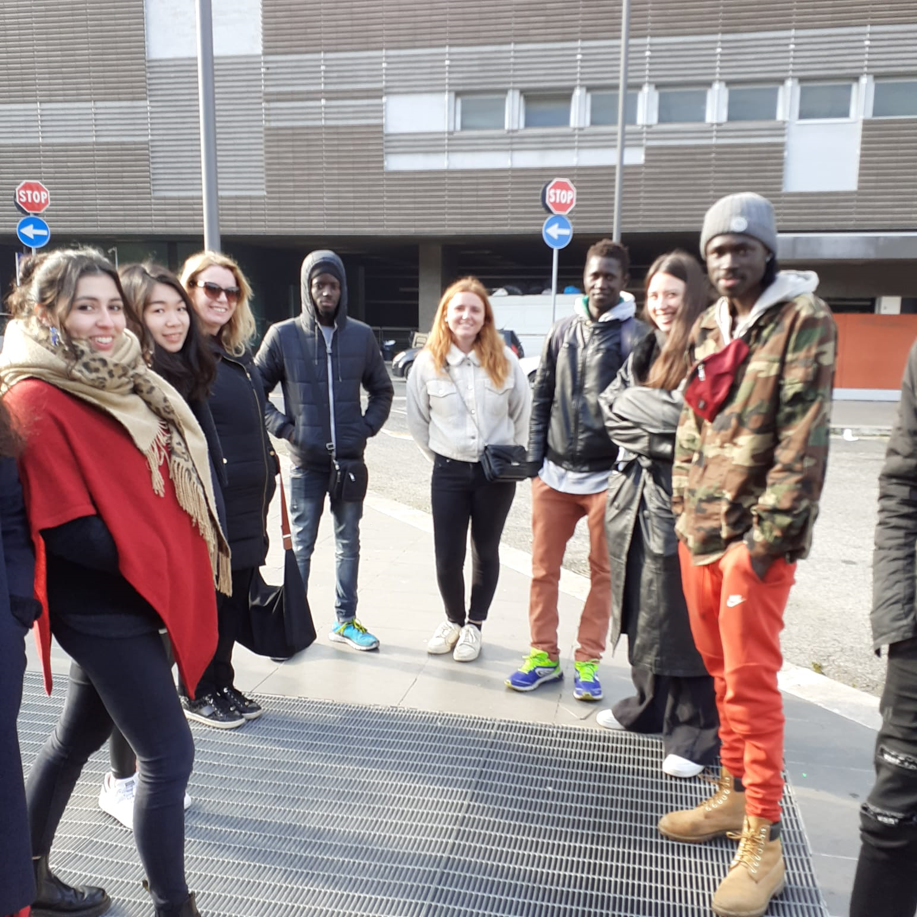
We also attended many presentations on the current political climate in Italy and policies implemented in Europe designed to improve the situation of migrants but also to regulate migrant flows. We learnt about many other topics related to migration, such as health, mental health, and the influence of technology. A recurring theme was the impact of misinformation which is often misleading and do not reflect the reality on the ground. Consequently, it creates a barrier and has a strong influence on Italian society, especially in politics where it has sometimes led to hate speech against certain communities. Surprisingly our group itself was quite multicultural, and so somehow, we all had first-hand experience of migration, and had been affected by migration in one way or another.
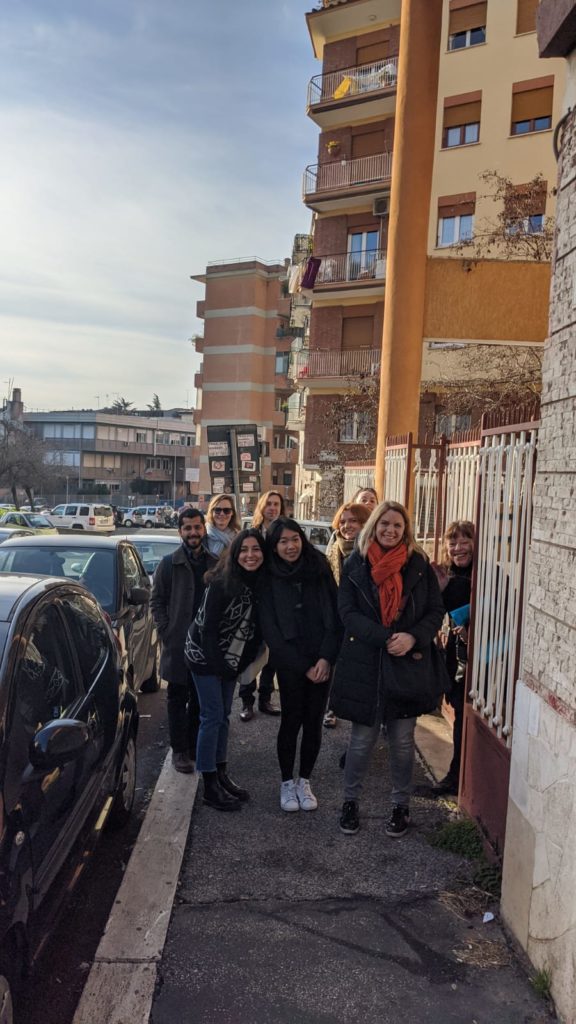
To summarize, I left Rome with a much stronger awareness of the importance of community-based engagement, as well as the role of policymaking which also represents a crucial stage. It was an incredibly rewarding experience. In a short time, I had access to a significant amount of information on this vast subject, and thus I understand actions put in place to improve the experience of those coming to Europe in the hope of a better future.
The views and opinions expressed in this article are those of the authors and do not necessarily reflect the official positions of Kairos Europe, its partners or their employees.
Find Kairos Europe and Migration in Europe on Facebook


